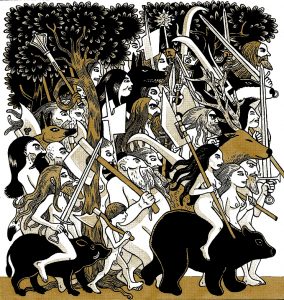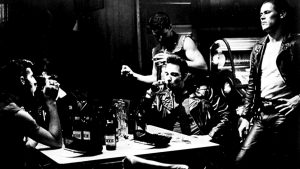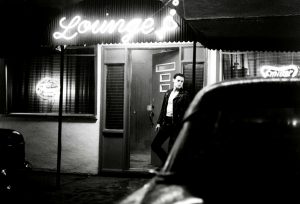 The Blast & Meor editions are pleased to announce the translation of the French brochure “Feminism Illustrated“ (44 pages in A5 format).
The Blast & Meor editions are pleased to announce the translation of the French brochure “Feminism Illustrated“ (44 pages in A5 format).
The first part of the brochure consists of the article “Illustrated Feminism or The Complex of Diana“ published in 1974 in the newspaper « Le Fléau social » (a newspaper from the FHAR, a revolutionary homosexual movement founded in Paris in 1971) ; this article is signed by Constance Chatterley, a pseudonym used on this occasion by Gilles Dauvé. It is followed by a long interview with the author conducted in January 2015. All this is preceded by a presentation of the mag « Le Fléau social » and the FHAR.
This is an opportunity to make a critical assessment of 40 years of evolution of French society and capitalism, and to discuss topics such as feminism, homosexuality, activism, community and identity, sex and gender, domination and exploitation, class struggle, revolution, communism, not forgetting the cinema.
It can be downloaded in PDF for free here.
All the texts except the ‘author’s note’ are translated from a French pamphlet published by Blast & Meor in May 2015. We warmly thank the comrades who have translated these texts. The author’s note was added into the English version. All notes are editor’s notes.



